House lawmakers recently engaged in a series of classified briefings, delving into the elusive realm of unidentified anomalous phenomena (UAP) – commonly known as UFOs. The closed-door sessions, led by Thomas A. Monheim, the inspector general of the intelligence community, left members of the House Oversight Committee with a complex mix of emotions and perspectives.
The aim of the briefings was to unravel the mysteries surrounding government knowledge of alien life, building on the explosive testimony presented last summer. David Grusch, a former intelligence official, testified in July, making bold claims about the U.S. government’s involvement with nonhuman bodies from U.F.O. crash sites, alleged misuse of funds to cover up a “U.A.P. crash retrieval and reverse engineering program,” and accusations of retaliation against those who speak out. The Pentagon promptly denied Grusch’s allegations.
During the recent closed-door briefing, Monheim provided insights into the credibility of Grusch’s claims, but the confidential nature of the session left lawmakers unable to disclose specifics. Some representatives, like Jared Moskowitz from Florida, hinted at progress and a ruling on certain claims but remained tight-lipped due to classification constraints.
Lawmakers had hoped for transparency, especially after the passing of legislation in December directing the government to disclose U.A.P. records within 25 years, unless classified for national security reasons. However, the briefings revealed the ongoing challenges of obtaining information from executive branch officials, leading to frustrations among lawmakers.
In a separate but related series of briefings, members of the House, led by Monheim, sought to address the broader issue of UAP, a term used by the government to describe UFOs. The 90-minute closed-door session at the Capitol Building aimed to provide clarity on the government’s understanding of UAP, following concerns raised by former Defense Department officials about potential national security risks associated with UAP sightings.
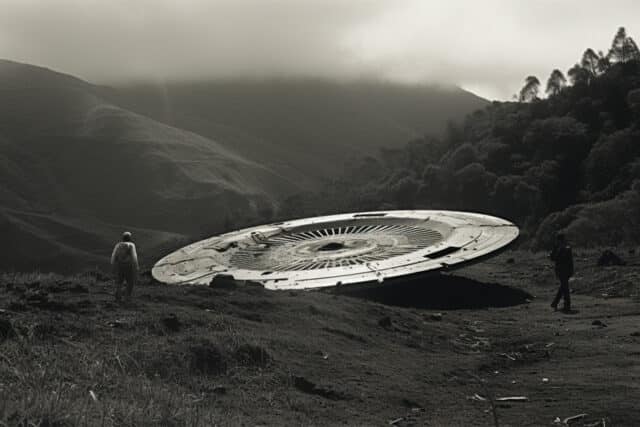
The public hearing in July had featured testimony from Grusch, who claimed a systematic effort to conceal information about UAP, including a “multi-decade” program to reverse engineer nonhuman technology obtained from crash sites. The recent closed-door session, however, left lawmakers with mixed feelings. Some, like Rep. Raja Krishnamoorthi, expressed frustration, stating that they didn’t receive the answers they were hoping for regarding Grusch’s claims. Rep. Tim Burchett characterized the briefing as “more of the same” and likened the situation to playing “whack-a-mole.”
Despite frustrations, some lawmakers, such as Rep. Eric Burlison, found the briefing valuable, providing a direction for future inquiries. Rep. Robert Garcia emphasized the potential for new information, while Rep. Andy Ogles raised concerns about a concerted effort to conceal information, stating, “I asked very specific questions and was unable to get specific answers.”
The complexity and secrecy surrounding UAP continue to be a source of frustration for lawmakers who stress the importance of transparency, particularly for national security. The contrasting perspectives among representatives underscore the ongoing challenges in unraveling the mysteries surrounding UAP and the government’s engagement with extraterrestrial phenomena. As lawmakers navigate these complex briefings, the quest for answers persists, reflecting the broader public interest in understanding the unknown.

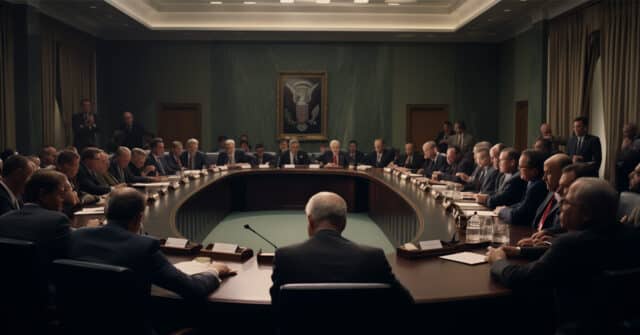
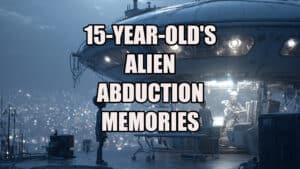
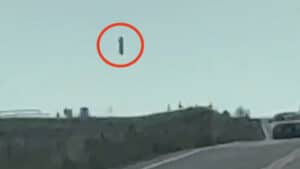
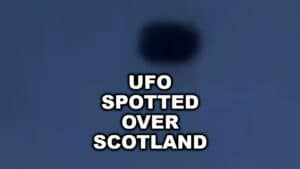
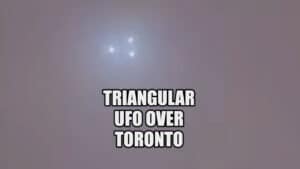
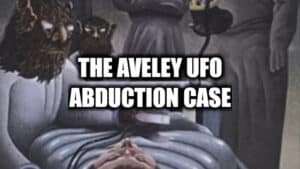
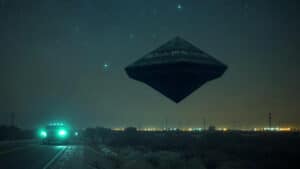
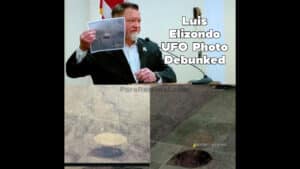
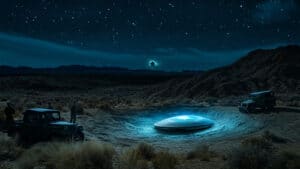
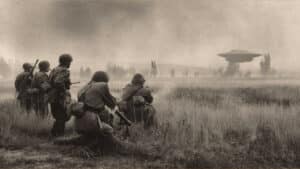
One Response